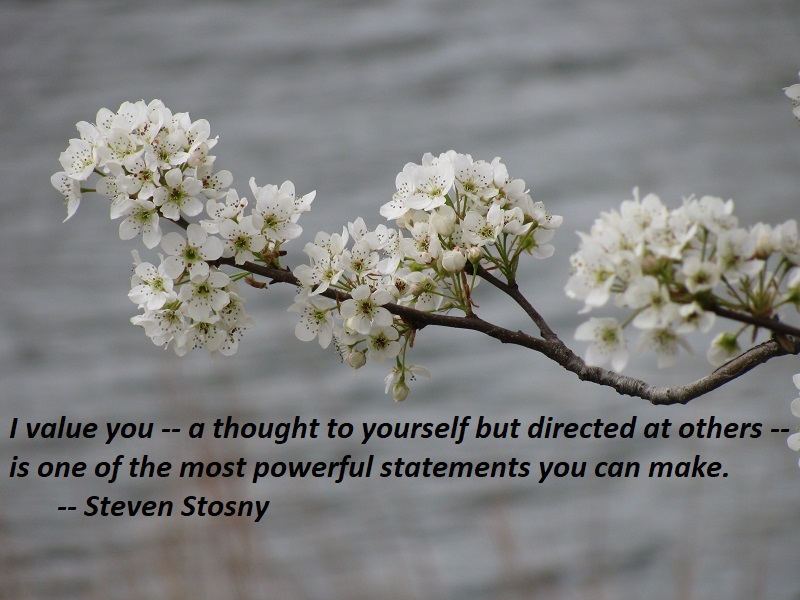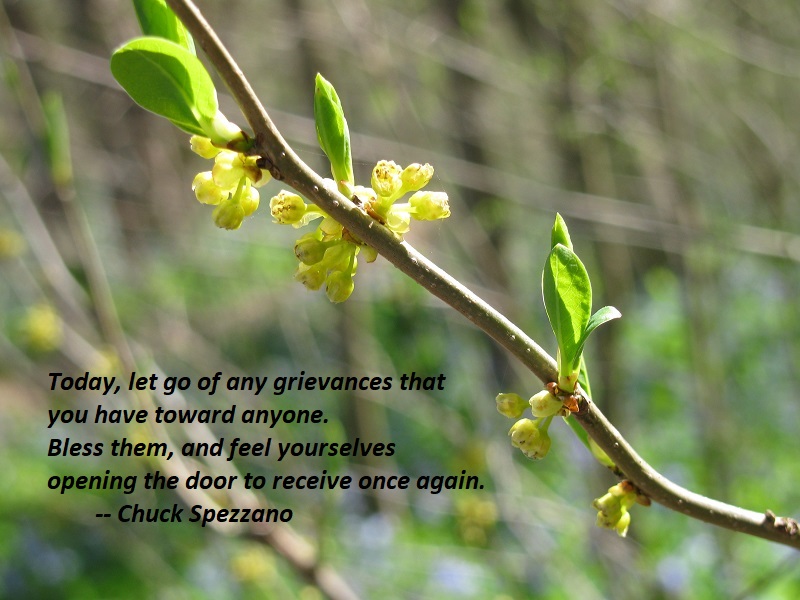Higher Mercy
When Isaiah throws out the higher-ways-of-God argument [in Isaiah 55:6-9], it isn’t to defend the vengeful punishment of God, it is to defend the abundant mercy of God! To take this text and use it to defend a conception of divine justice and goodness that certainly seems much worse than any human understanding of justice and goodness is to use this text for the opposite purpose than it was originally intended. If we take the context seriously, and we should, the higher-ways-of-God argument can be more appropriately used to defend the universalist position than the traditionalist one. God’s ability and desire to pardon is beyond our understanding!
— Heath Bradley, Flames of Love, p. 22
[Photo: Riverbend Park, Virginia, April 20, 2018]









